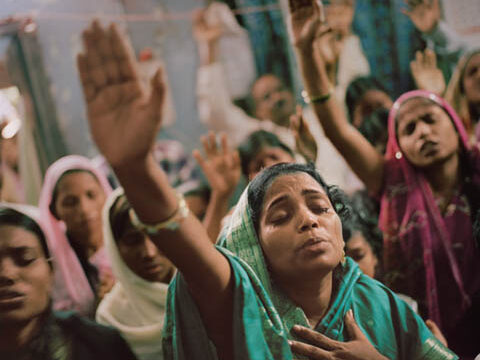A Baptist pastor who also works as a teacher was arrested last week in the Northeastern state of Assam following complaints from villagers that he was attempting to convert people through prayers.
Attempting to heal people by praying for them is illegal under the Assam Healing (Prevention of Evil) Practices Act, enacted in February.
This law purportedly wants to create science-based knowledge and a safe environment to protect human health. It also aims to end “evil” and “sinister practices” that lawmakers believe thrive on ignorance and people’s ill health. The law criminalizes practices resorting to “magical healing” (prayers) and stipulates a three-year jail term and a fine for violations.
Christian leaders believe the legislation is ultimately an attempt to restrict and curb the spread of Christianity in Assam.
The pastor, Pranjal Bhuyan, a resident of Padmapur village and part of the Baptist Diocese in Assam’s Golaghat district, now holds the dubious distinction of being the first person to be arrested under this law.
A few months ago, locals grew concerned that Pastor Bhuyan had been preaching the Bible to children during sessions, so they prevented their children from going to his house for studies.
Parents filed a complaint with the village police, and Pastor Bhuyan was detained under the Assam Healing (Prevention of Evil) Practices Act.
Under Section 6(a) of the healing legislation, any person who violates the provisions of the act or its rules may be punished, upon conviction, with imprisonment for up to one year for a first offense, which can extend to three years, or with a fine of 50,000 rupees (about $600) or both.
The Assam Christian Forum (ACF) chief and the Archbishop of Assam have strongly condemned the “wrongful arrest.” The leaders have unequivocally said that the law’s cognizable and non-bailable offenses grant police the broad authority to arrest and detain anyone without due process, compromising citizens’ rights, even to go to their own relative’s house for prayer.

